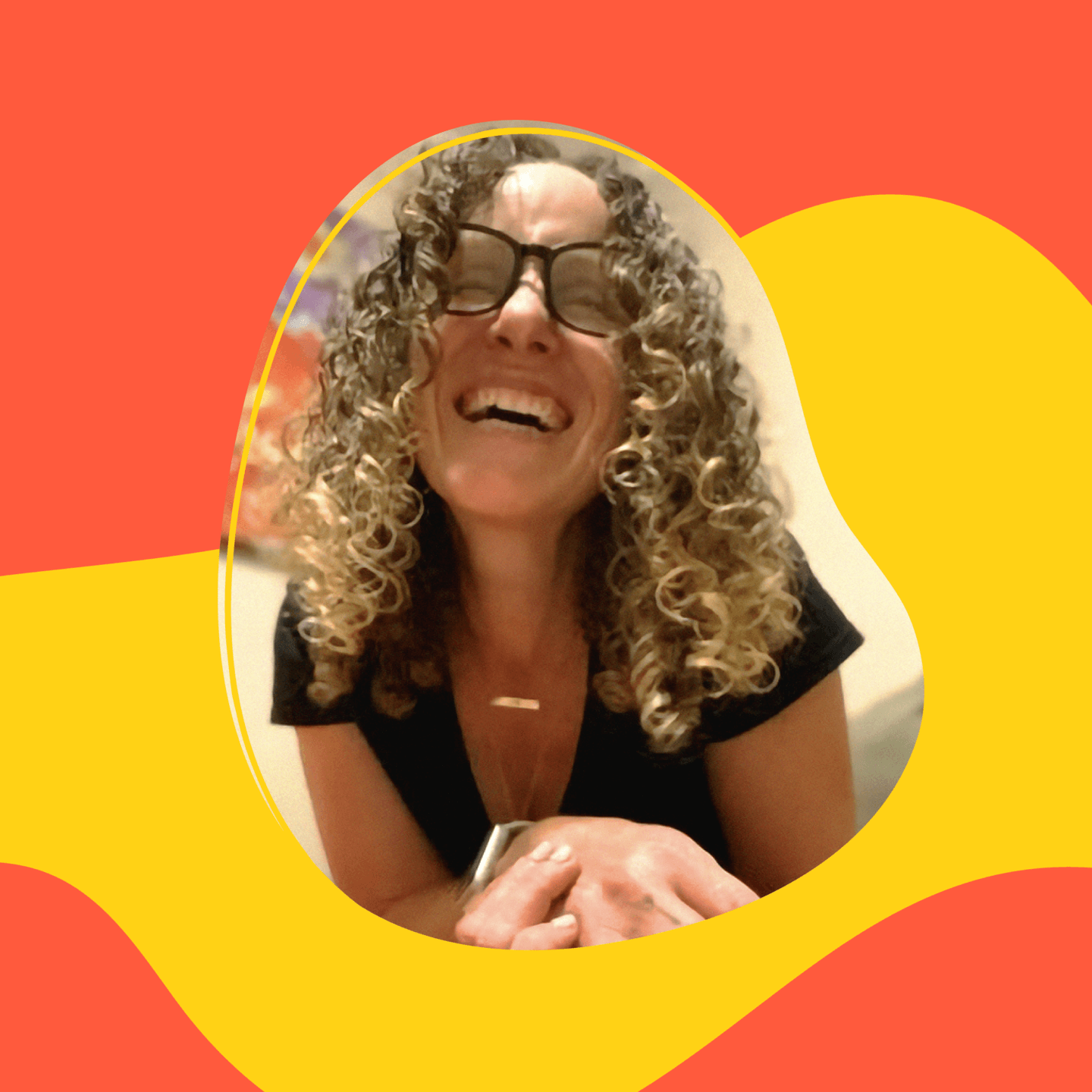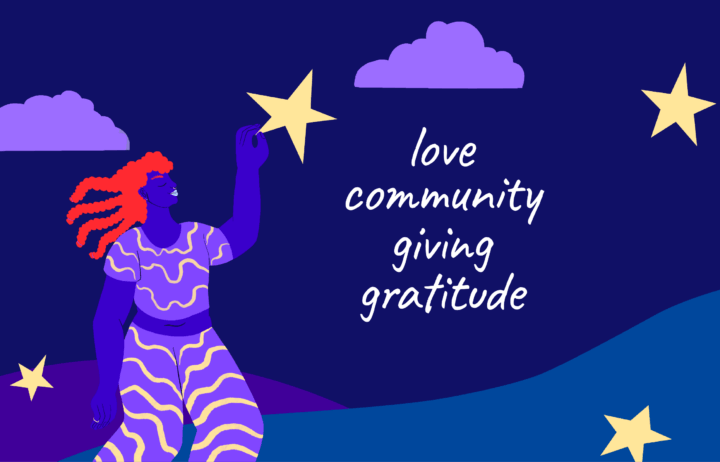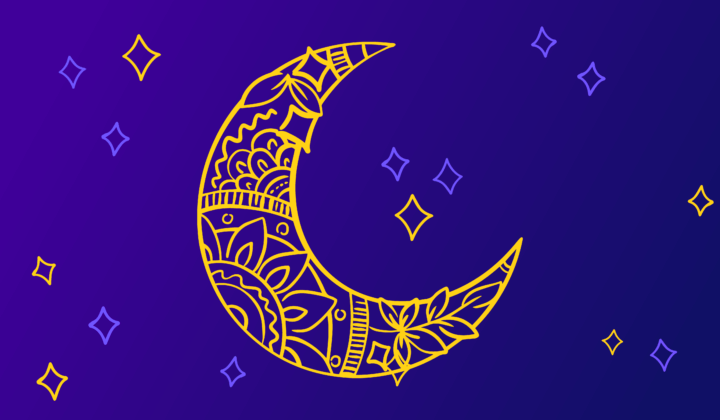Lisa Sugarman (she/her) is an author & columnist, survivor of suicide, NAMI storyteller, grief group facilitator, mental health advocate, and Crisis Counselor with The Trevor Project based in Massachussets.
Where are you from and how long have you been a volunteer crisis counselor at The Trevor Project?
I’m from Marblehead, Massachusetts, a little harbor town just north of Boston and I’ve been a Lifeline counselor at The Trevor Project for nearly two years now.
Where are you when you volunteer? What time do you volunteer?
I volunteer from my home office in Salem, MA and I typically do the 9AM-12PM shift on weekdays. But if I’m available to jump on during a surge, when the hotline is experiencing extra volume, I try to make that happen whenever I can.
Describe your average shift.
For me, an average shift starts about 20-30 minutes before I’m scheduled to be on the Lifeline. I like to make sure I’ve got my own personal self-care practice of yoga & fitnessing under my belt, and I’ve had breakfast. Then I like to log in a little early to ensure I have time to catch up on any of the internal Slack threads for the day, so I’m up to speed with what’s gone on during the earlier-morning shifts. Then I log in when my shift begins and I review any announcements or bulletins and wait for calls to come in. After that, I spend my three-hour shift toggling between answering crisis calls and filling out case records for each call. Then, when my shift ends, I debrief with a supervisor if it’s been a particularly tough shift, or, I just hop offline if I’m in a good headspace. And after my shift ends, I make sure to prioritize a little bit of down time to grab lunch with my husband or go for a run or do some journaling just to help me decompress.
Why did you choose to volunteer with Trevor and why do you continue to do so?
As a 3x survivor of suicide loss, the mom of a bisexual daughter, and a newly out member of the pansexual community myself, The Trevor Project was a beautiful intersection of all of the roles and identities that are most important to me in my life. So volunteering as a crisis counselor on The Trevor Lifeline was a no-brainer for me. And over the past year year and a half, through my training as a counselor and a member of the LGBTQ+ community, I’ve been able to learn so much about the act of holding space and been able to be a source of comfort and support to so many different people that I can’t imagine ever not being part of this organization.
What would you say to someone thinking about starting their journey as a volunteer counselor?
To someone who’s just starting out as a counselor, I’d say give yourself some grace right from the jump. We want so badly to be able to dive in and make a difference and have all the answers, but the truth is, there’s a huge learning curve attached to being a crisis counselor and it’s the kind of role you grow into over time and with lived experience on the Lifeline. So don’t rush it. Be patient and expect to make mistakes. Just stay focused on being there to listen and validate people’s feelings and you’ll find your groove.
Is there someone in your life who motivated you to volunteer with Trevor?
My father Jim, who I lost to suicide when I was 10 years old is my “why” for being a crisis counselor. Being able to be the voice on the other end of the phone when someone in crisis calls needing help is such a gift to me. Every time I can help validate a caller’s feelings and guide them to a calmer, safer place and give them hope, then I’m honoring my dad’s memory.
What impact do you have as a volunteer counselor?
For years, I’ve worn a bracelet on my wrist engraved with the word ‘IMPACT’ and that’s because it’s always been so deeply important to me to be able to make a positive contribution to the world around me. And every time a Lifeline caller tells me I changed the outcome of their mood or their intention to harm themselves or I helped them navigate to a safer emotional place, I know I’m making an impact that matters.
If you could describe what being a Trevor volunteer means to you in one sentence, what would it be?
To me, being a Trevor volunteer means I’m in a position to help someone find hope. And as far as I’m concerned, there’s no greater gift than being able to help make a positive impact on someone’s life.
What affirming statement do you wish every LGBTQ+ young person could hear?
To every LGBTQ+ young person out there, just know you matter and you’re not alone. There’s an army of love and support for you in this world and we’re all so glad you’re here.
How do you practice self-care after your shifts?
After every shift, I prioritize getting outside and moving my body. Whether I take a run or a walk with our dog or jump on my longboard, I make it a point to unplug from my time as a crisis counselor so I can give myself the space to process the calls I’ve taken and clear my mind. Then I usually spend some time journaling just to get what’s in my head & heart on paper and then I emotionally refuel by giving myself some quiet time to meditate and reset.


